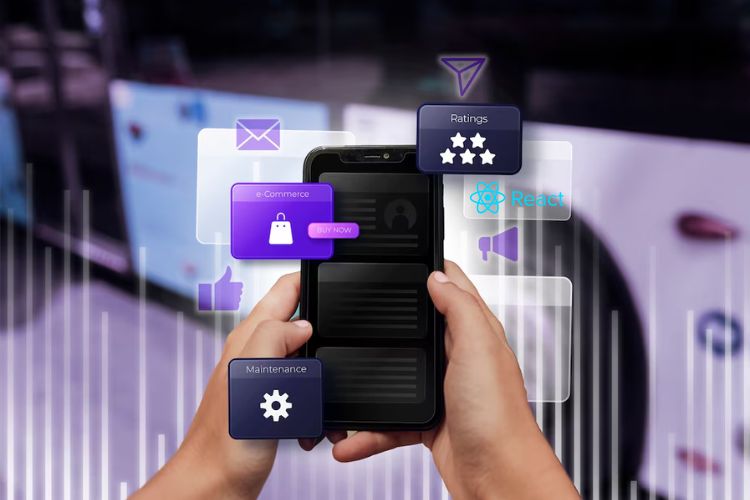
Solar panels are becoming increasingly popular as people look for ways to reduce their energy costs and become more environmentally friendly.
Solar panel installation has become very common. If you are planning to install, there are a few things you need to know before going ahead. In this blog post, we’ll discuss the basics of solar panels and outline everything you need to know before deciding.
What are Solar Panels?
Solar panels are panels that gather energy from the sun. This energy can be used to power devices or to store for later use. Solar panels have been used for centuries and have become increasingly popular as the cost of solar technology has decreased.
How Do Solar Panels Work?
How do solar panels work? Solar panels convert sunlight into electrical energy. This energy can power homes, businesses, and even electric cars.
The solar panels are made up of small cells filled with photovoltaic material. This material is made of two thin layers of silicon. When sunlight strikes the cell, an electrical current is generated. This current is then sent to an inverter, which turns it into usable electricity.
Why Use Solar Panels?
Saves on the Electric Bill- Solar panels can save money on your electric bill by converting the sun’s energy into electricity. This means you can use the electricity from your solar panels to power your home, and you will not have to pay for it from your electric company.
Environment-Friendly– Solar panels are also good for the environment. They do not produce emissions, meaning they do not contribute to climate change. Solar panels also help reduce dependence on fossil fuels, which is good for the planet.
When you install solar panels, you are making a long-term investment in your home. If you ever decide to sell your home, you can expect a higher price because of the solar panels.
How To Choose the Right Solar Panel?
There are several options obtainable when it comes to solar panels.
- Assess Your Power Requirement- The most important consideration is how much power you need. If you have a small home or business, you may be able to get by with a small panel. But you’ll need a bigger panel if you have a large home or business.
- Type of Roofing Structure– You also need to consider what type of roof you have. If you have a metal roof, you can choose a panel that sits on the ground. If you have a roof made of asphalt shingles, you’ll need a panel that attaches to the roof.
- Consult A Professional– The best way to choose the right solar panel is to consult with a professional. They can help you find the best panel for your needs and install it for you.
Once you’ve determined how much power you need and what type of roof you have, you can start to narrow down your choices. Several varieties of solar panels, mostly on the market, each with its benefits and drawbacks.
How To Install Solar Panels?
Installing solar panels may seem daunting, but it can be a breeze with the right instructions. Follow these simple steps to have your panels up and running in no time:
- Decide where to install your panels. They should be in an area that receives plenty of sunlight.
- Determine how many panels you will require.
- Purchase or rent a solar panel kit.
- Follow the instructions in the kit to install the panels.
- Attach the panels to the electrical system in your home.
- Enjoy your solar-powered home!
Solar Panel Maintenance-
Maintaining solar panels is relatively easy, but it is important to follow the correct steps to keep them running at their optimal performance. The first step is to clean the panels regularly. You can clean the panels with a soft brush or a damp cloth.
The next step is to check the inverter regularly. The inverter is the component of the solar panel system that converts the direct current (DC) produced by the solar panels into the alternating current (AC) used by most appliances. If the inverter is not working properly, it will not be able to convert the DC into AC, and the solar panels will not be able to produce energy.
The final step is to check the batteries regularly. The batteries store the energy the solar panels produce and provide power to the home when the sun is not shining. If the batteries are not working properly, they will not be able to store the energy produced by the solar panels, and the home will not have power.
Conclusion-
Solar energy may save you money on power, even while preserving the environment. If you move, you can take your solar panels with you. Just be sure to contact your solar panel provider to arrange for the transfer. But before you invest in solar panels, it’s important to know the answers to some common questions.
















































